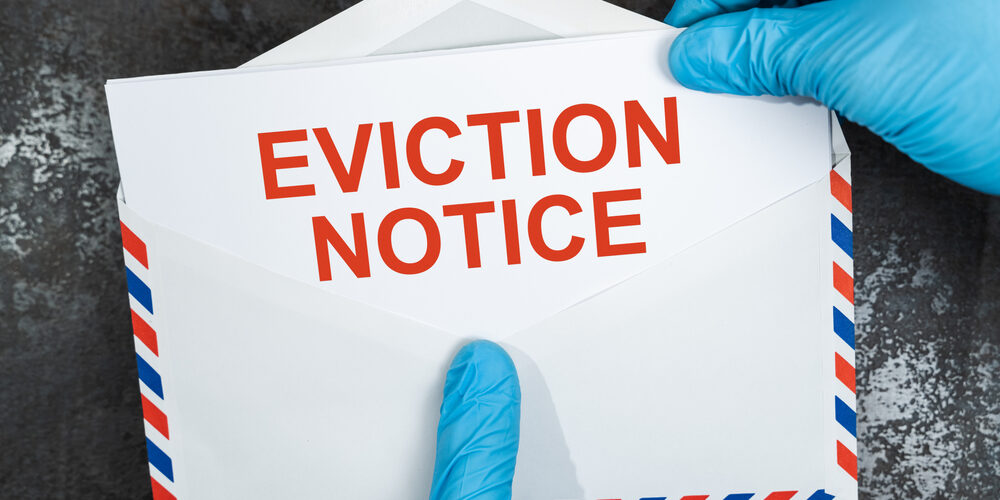Many had trouble paying the rent before the coronavirus hit. But once shutdowns and stay-at-home orders were enacted, paying rent became impossible due to job loss. That’s where the CDC Eviction Moratorium saved the day, as it helped people stay in their homes despite a lack of income.
There are some major misconceptions when it comes to the eviction moratorium, though. We’ll discuss what they are and what you must do to ensure you are protected from being kicked out of your home.
STOP!
Do you need a financial reset? If you owe more than $10,000 here is a debt relief resource available to help you today.
The Purpose of the CDC Eviction Moratorium
Once the coronavirus appeared, government officials stressed social distancing and staying at home. Doing so would help slow the spread of the virus so hospitals wouldn’t get overwhelmed with patients.
As businesses faced restrictions, many had to close. And as they closed, they led to job loss that saw people’s incomes drop drastically.
Without the eviction moratorium, many families would be forced to relocate. And if they relocated to a new home, a homeless shelter, with family and friends, or onto the streets, that would have triggered more infections.
The CDC Eviction Moratorium prevented those infections by allowing families to stay where they are. But beyond the health benefits, it also gave families some breathing room to fix their finances.
What the CDC Eviction Moratorium Does
With the moratorium in place, eligible families cannot be evicted due to nonpayment of rent. They can be evicted for not abiding by rules in the lease, however. So, while your landlord won’t evict you (if eligible) for not making those rent payments, they can remove you from the property if you use it to conduct criminal activity.
Although you won’t be kicked out for not paying your rent, that doesn’t mean your rent is waived. Once the moratorium expires, all back rent will be due, as well as any fees and interest. In other words, you could be looking at a massive payment to your landlord in a few months if you haven’t been keeping up with the rent.
Since rent is not waived, it’s essential to save money, cut your expenses, and plan how you’ll make that payment when the moratorium ends on June 30, 2021.
How to Prevent Eviction With the CDC Moratorium
Besides rent being waived, another misconception is that everyone is automatically eligible for the eviction moratorium. That’s not the case, as you will have to apply to prove your eligibility.
Applying is simple, as you and anyone else on your lease must complete this form and submit it to the person who has the power to evict you. That could be the property manager, property owner, or landlord.
As you’ll see on the form, eligibility for the eviction moratorium is straightforward and not too complicated. For instance, receiving government assistance and losing income due to the coronavirus pandemic makes you eligible. To see all of the eligibility requirements, consult the form.





